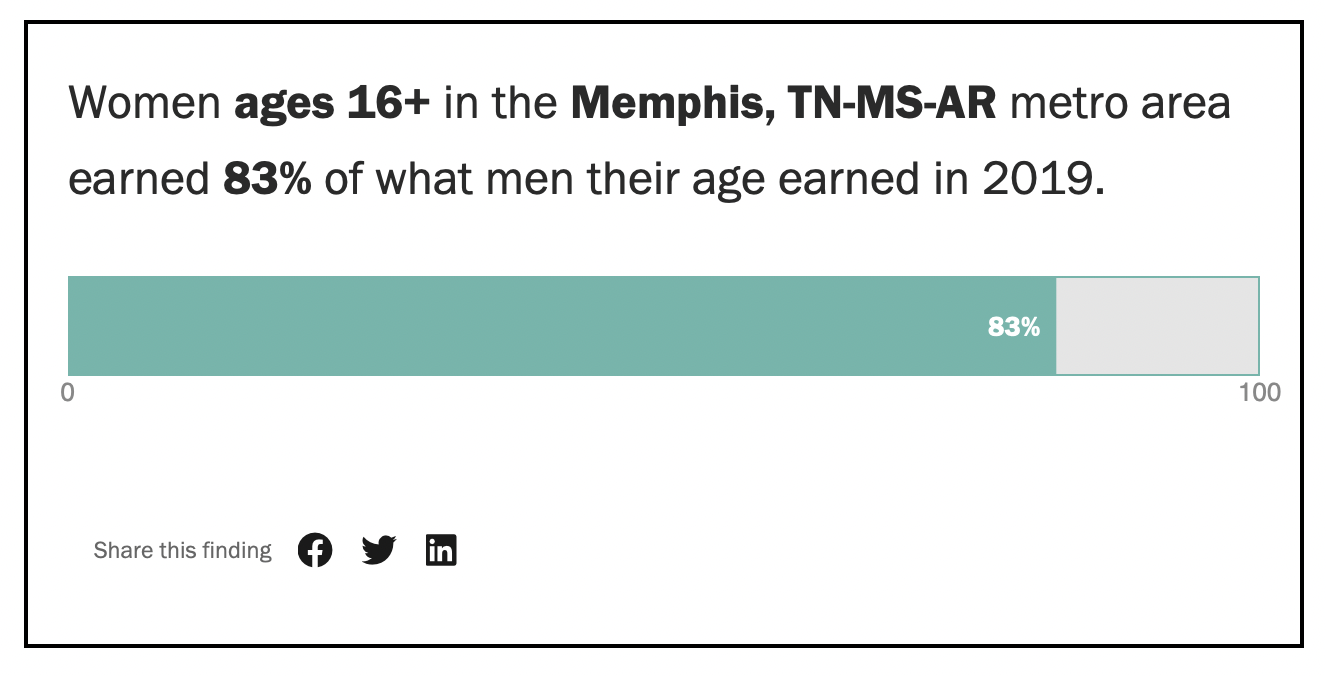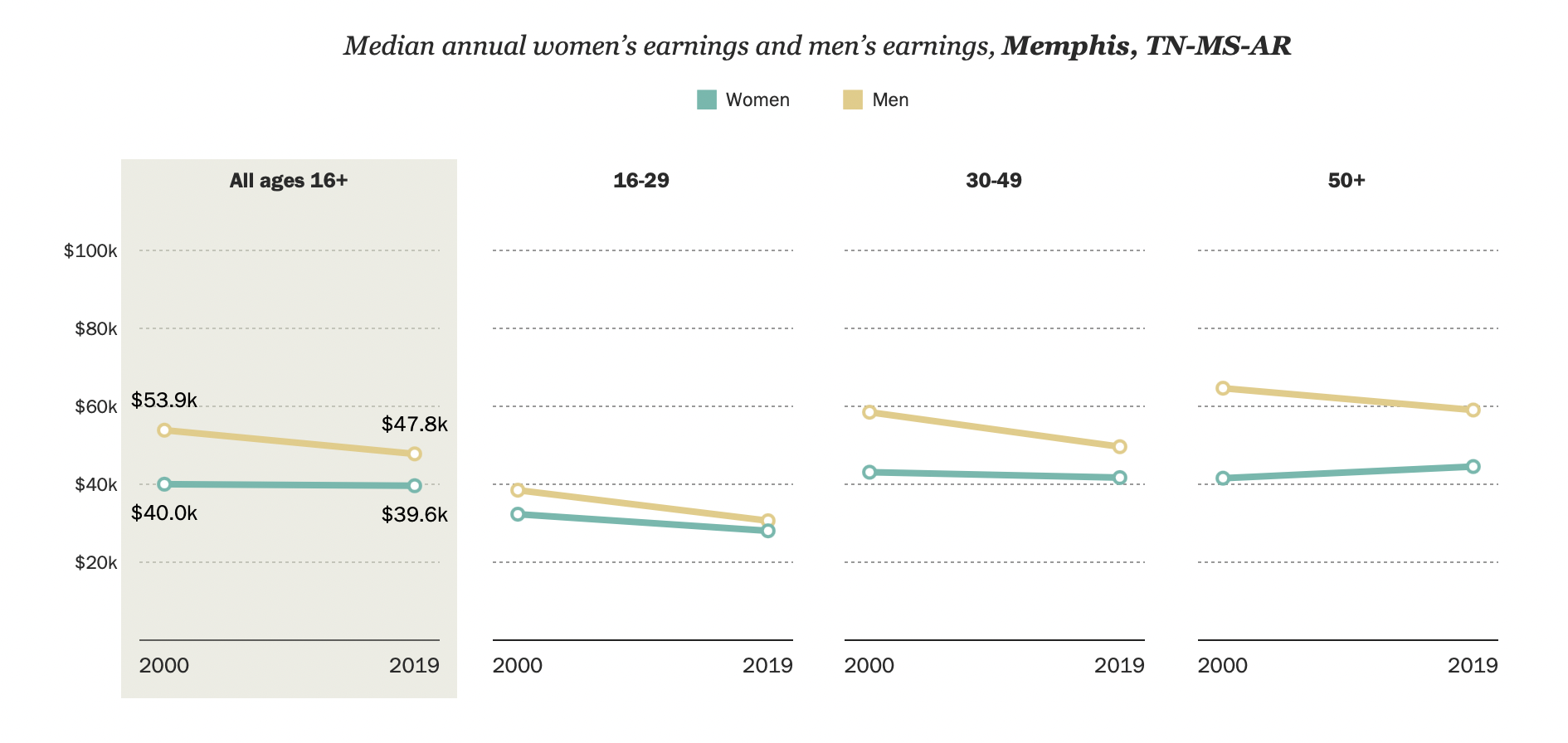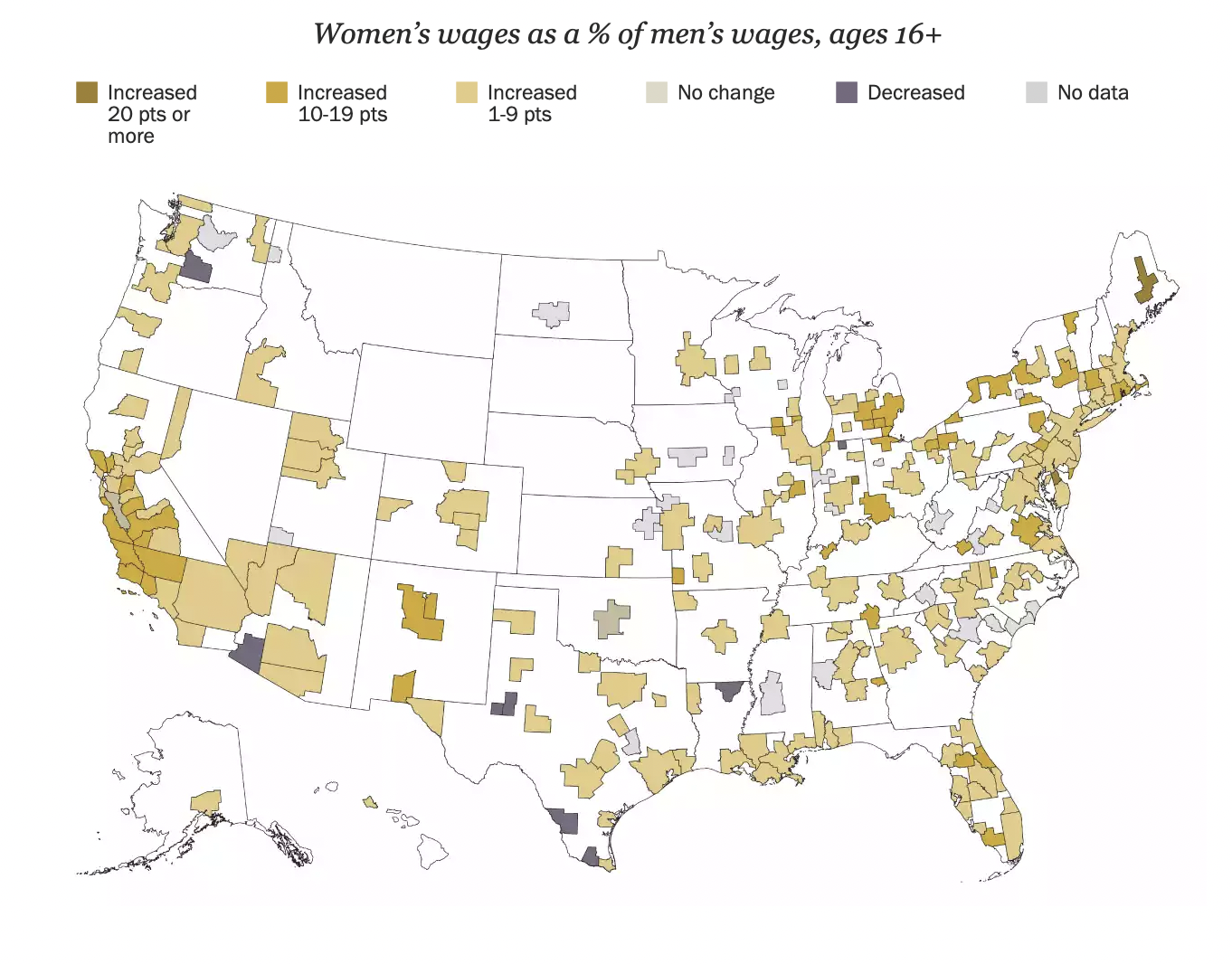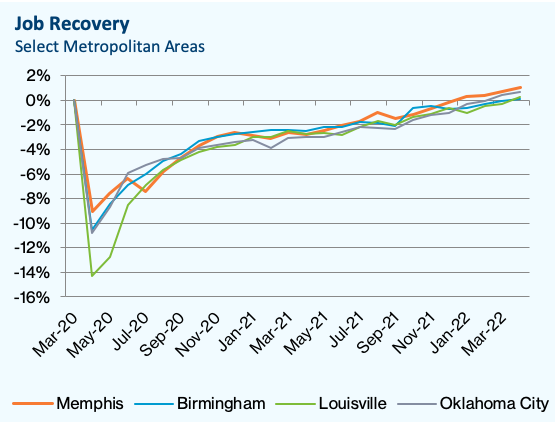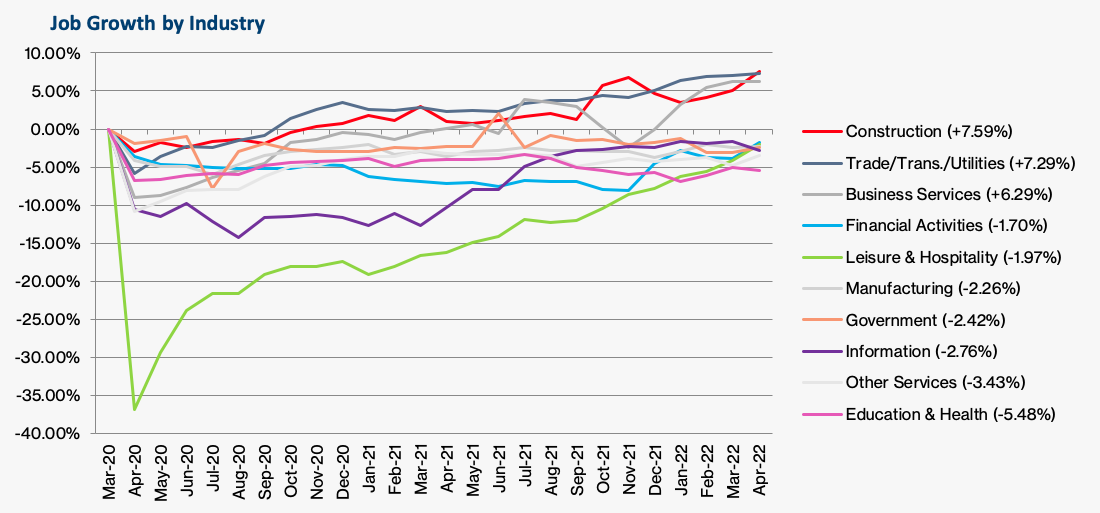If you’re part of Generation X, you’ve not yet reached retirement age. However, you are likely in, or quickly approaching, your peak earning years. Now is the time to get serious about planning for retirement. Whether you’ve been stashing money away for the last 20 years or are just now beginning to save, the following tips can help you plan today for a wealthier retirement down the road.
1. Lower your taxes.
If you’re one of those people who only thinks about taxes as you approach the annual tax filing deadline, it’s time to make some changes. Proactive tax planning can have a big impact on your retirement savings. When done correctly and consistently, tax planning has the potential to save you a significant amount each year, which is money that can be used to help you fund a wealthier retirement. You’ll want to consider strategies such as tax loss harvesting, contributing to a health savings account, education planning for children, charitable giving, asset location, and timing of business income and deductions.
2. Shore up your retirement savings.
One of the biggest threats to many Gen Xers’ retirement security is “leaky” retirement planning. Just because your employer-sponsored retirement plan permits loans and withdrawals doesn’t mean it’s wise to take them. By taking money out of your retirement savings, even temporarily, you miss out on the benefit of compounding interest on that amount. Plus, early withdrawals are subject to taxes and penalties, which is money you’ll never get back.
The best strategy is to invest regularly into your employer-sponsored retirement plan at a level that maximizes your employer match while being sustainable over time. Save enough in an emergency account to cover three to six months of living expenses so that you don’t have to tap into your retirement savings in an unexpected situation.
3. Don’t miss out on growth opportunities.
While it’s wise to gradually shift to more conservative investment options as you near retirement, becoming too conservative may result in missed growth opportunities. Be sure to allocate a healthy portion of your portfolio to growth investments in order to continue enhancing the savings that will one day fund your retirement. Your wealth manager can help you determine an allocation that is in line with your risk tolerance, retirement goals, and time horizon while also meeting your income, protection, and growth objectives.
4. Eliminate debt.
Perhaps the best way to increase your retirement savings potential is by paying off outstanding debt and saving that would-be monthly debt payment toward retirement. Once your debt is paid off, you may be able to free up enough funds to establish a passive form of income, such as an investment property or high-dividend investment that provides recurrent income to help support you in retirement.
5. Optimize your employer benefits.
Not only are employer-sponsored retirement plans a great way to save for retirement, they also provide an added benefit of lowering your taxable income when you contribute on a pre-tax basis. At a minimum, be sure to contribute enough to your 401(k) or 403(b) to qualify for your employer’s full matching contribution. Beyond that, if you’re on the younger end of Generation X, consider contributing at least 10 percent to your retirement. If you’re on the older end of the generation, it might make sense to max out your savings by contributing 20 percent or more (up to the annual contribution limit).
6. Don’t forget about IRAs.
While employer-sponsored plans are a simple and effective way to save for retirement, it’s wise to diversify your savings by also contributing to IRAs. If you contribute pre-tax dollars to your 401(k), it might make sense to establish a Roth IRA, which will help diversify the tax status of your retirement income.
Gene Gard, CFA, CFP, CFT-I, is a Private Wealth Manager and Partner with Creative Planning. Creative Planning is one of the nation’s largest registered investment advisory firms providing comprehensive wealth management services to ensure all elements of a client’s financial life are working together, including investments, taxes, estate planning, and risk management. For more information or to request a free, no-obligation consultation, visit CreativePlanning.com.




